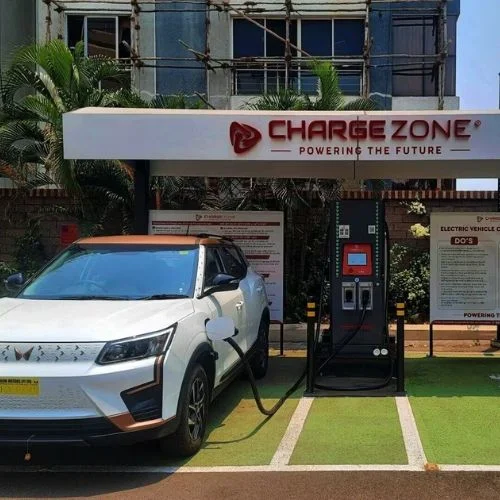India’s ambitious drive to increase coal production to meet its surging energy demand is facing hurdles as banks show reluctance to finance newly auctioned mines. Despite growing pressure from global investors to reduce fossil fuel exposure, most Indian banks are yet to formulate coal divestment policies, resulting in financing delays for the majority of the mines. This article explores the factors behind banks’ caution, the challenges faced by coal miners in obtaining environmental permits, and the country’s simultaneous push for renewable energy development.
Financing Delays and Global Investor Pressures:
Of the 87 mines auctioned to private companies under the “Unleashing Coal” initiative, only four are operational, with the rest awaiting financing. Bankers’ apprehension is partly influenced by India’s parallel efforts to boost renewable energy, which raises doubts about the long-term viability of coal. Additionally, global investors are increasingly avoiding coal investments due to alignment with ESG values, further impacting banks’ decisions.
India’s Slow Transition from Coal:
Despite growing global pressure, Indian financial institutions are lagging behind in formulating coal divestment policies. Only one private bank, Federal Bank, headquartered in Kerala, has excluded coal from its loan portfolio. In contrast, other Asian countries, such as Japan and South Korea, have been leading in implementing formal coal exit policies.
Environmental Permitting Challenges:
Financing delays also stem from concerns among bankers about environmental permits, required by miners before acquiring land to be used as collateral. These concerns were discussed in a meeting called by the government to address the funding deadlock.
Past Legal Troubles and Renewable Energy Growth:
Since the Supreme Court’s ruling in 2014, which deemed most coal block allocations as illegal, banks have been cautious about granting loans to coal miners. Furthermore, India’s ambitious goal to achieve 500 gigawatts of renewable energy capacity by 2030 adds to bankers’ hesitancy towards coal investments. As clean energy capacity grows and energy storage systems advance, the demand for coal may decrease, posing financial risks to coal-related projects.
Government’s Perspective:
Despite the challenges and shifting global perspectives, the Indian government views the newly auctioned mines as crucial in meeting the country’s growing energy demand. With thermal power plants relying heavily on coal, the mines are seen as essential to reduce the country’s reliance on coal imports.
Banks’ Transition Plans and Future Outlook:
While some banks are informally limiting their exposure to coal, an official transition plan away from fossil fuels is yet to be formulated. India’s largest bank, the State Bank of India, remains a significant funder of coal projects, although funding has decreased in recent years. Other private lenders like Axis Bank have expressed a commitment to supporting the low-carbon transition but continue to maintain coal and thermal power portfolios.
Conclusion:
India’s “Unleashing Coal” initiative faces challenges as banks show reluctance to finance newly auctioned mines. Growing global pressures from investors and the government’s parallel push for renewable energy development are influencing banks’ caution towards coal investments. While some progress has been made, formal coal divestment policies and widespread climate awareness among banks are still lacking. The country’s transition away from coal may take several years, even as it continues to address its energy demand through a mix of fossil fuels and renewable sources.















